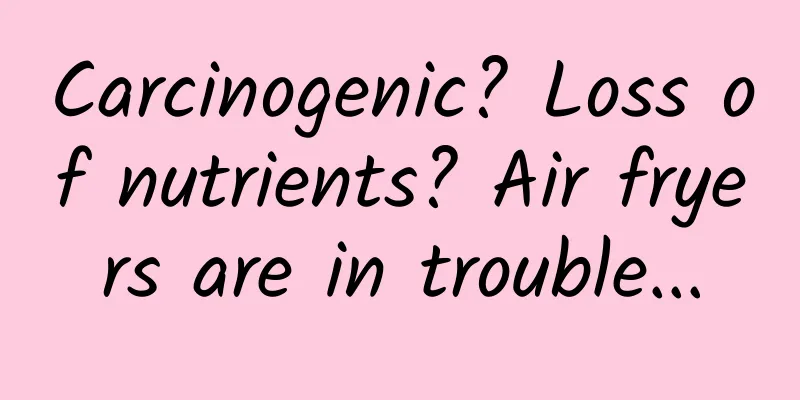What to do if you have anemia during 6 months of pregnancy

|
The process of pregnancy is relatively difficult for women, because the fetus gradually develops and grows, and the burden on the mother gradually increases while absorbing nutrients, which leads to excessive consumption of the pregnant woman's body and causing her to suffer from diseases. Among them, anemia is a common disease problem encountered by pregnant women. It has many adverse effects on the lives of pregnant women and needs to be dealt with in time. Let’s take a look at what to do if you have anemia in 6 months of pregnancy? Improve your diet and eat foods rich in iron. Among animal foods, liver, blood tofu and meat are high in iron and are well absorbed. Egg yolks also contain iron. The iron content in vegetables is low and poorly absorbed, but fresh green vegetables are rich in folic acid. Folic acid is involved in the production of red blood cells. Folic acid deficiency causes macrocytic anemia and can also cause mixed anemia. Therefore, you should eat a certain amount of meat, liver, and blood tofu in your diet; you should also eat fresh vegetables. The liver is rich in iron, vitamin A, and folic acid. Vitamin A also helps the absorption and utilization of iron. Eating liver once a week is very beneficial for preventing anemia. For moderate or severe anemia, oral iron therapy is also necessary. In addition to taking iron supplements, patients with anemia during pregnancy should also take a small dose of folic acid (400ug per day). Pregnant women taking small doses of folic acid are not only beneficial for preventing anemia, but also for preventing congenital neural tube defects and congenital heart disease. But don't take too large a dose of folic acid. 1. Eat more iron-rich foods. Before and just after pregnancy, you should start paying attention to eating more lean meat, poultry, animal liver and blood (duck blood, pig blood), eggs and other iron-rich foods. Soy products contain more iron and have a higher absorption rate in the intestines, so you should be careful about your intake. Eat more pasta as your staple food. Pasta contains more iron than rice and is better absorbed by the intestines than rice. 2. Eat more foods that help iron absorption Fruits and vegetables can not only supplement iron, but the vitamin C they contain can also promote the absorption of iron in the intestines. Therefore, while eating iron-rich foods, it is best to eat more fruits and vegetables, which also have a good iron supplement effect. 3. Cooking with iron cookware When cooking, try to use iron pots and iron shovels. These traditional cooking utensils will produce some small iron filings when cooking food, which will dissolve in the food to form soluble iron salts, making it easier for the intestines to absorb iron. |
<<: What to do if you have anemia at 36 weeks of pregnancy
>>: What to do if a pregnant woman catches a cold in the early stages
Recommend
Can I eat Amomum villosum during menstruation?
Women become very sensitive during menstruation, ...
Pregnant women's confinement meal recipes
We Chinese people pay more attention to confineme...
How long should lemon chicken feet be marinated? How to remedy the fishy smell of lemon chicken feet?
Lemon chicken feet are refreshing and delicious. ...
Women's menstruation resumes after menopause
It will stop when you reach menopause, but there ...
Do you know what the symptoms of water breaking are?
Pregnant mothers are very concerned about their h...
Green poop during pregnancy
Green stools during pregnancy should be taken ser...
My period is delayed for three days and my stomach is bloated
Lower abdominal pain caused by delayed menstruati...
What medicine should women take for hyperactivity of liver yang?
In daily life, many people may not have heard of ...
What can you eat to make your ovaries younger?
If the ovaries are young, the woman will be young...
How to understand bone marrow suppression after chemotherapy through laboratory test results
How to understand bone marrow suppression after c...
Are women with narrow eyes beautiful?
There are many types of human eyes, and the eyes ...
Symptoms of caesarean section fat liquefaction
It is a good thing to be able to give birth natur...
Gynecological examination showed squamous cells
Checking squamous cells is a common gynecological...
How many days does it take for the medication to be completely discharged?
When women are in love, it is inevitable that the...
What did Siwei do to check next?
The four-dimensional color ultrasound can provide...









